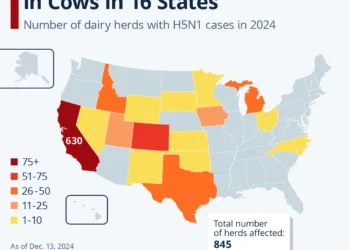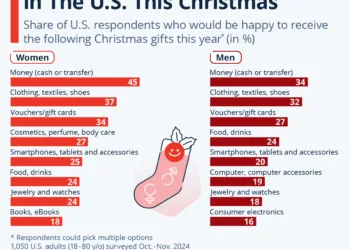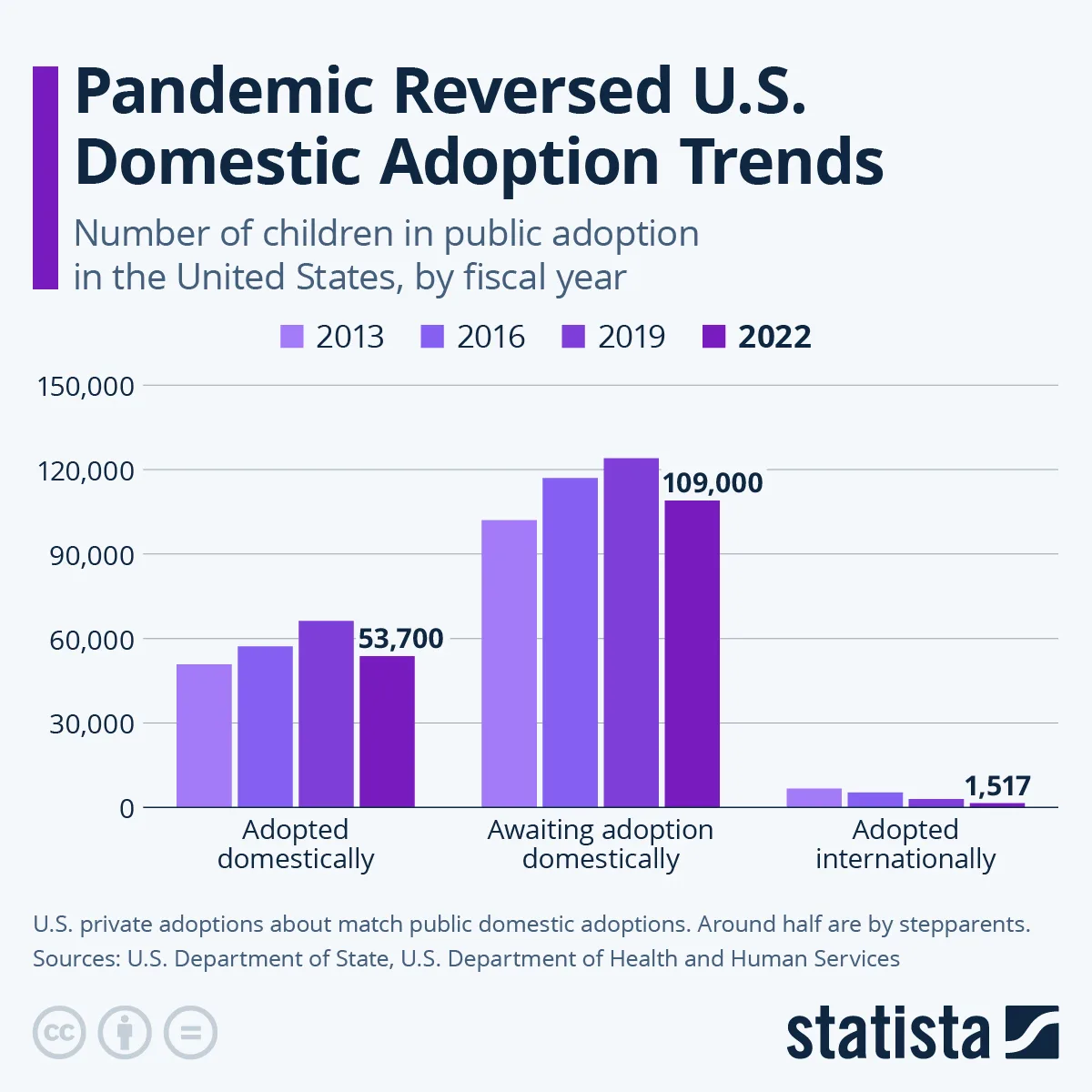As we approach the one-year mark since the October 7 attack on Israel, the situation in the Middle East has intensified immensely. Iran has recently launched nearly 200 missiles at Israel, while Israel continues its military operations against Hezbollah in Lebanon and Hamas in Gaza.
In the past few days, Israel has targeted numerous sites in southern Lebanon, the Bekaa Valley, and the suburbs of Beirut, including the assassination of key Hezbollah figures, such as leader Hassan Nasrallah. The conflict has also escalated to include a limited ground invasion of Lebanon.
Despite the ongoing diplomatic efforts by the United States, the prospect of achieving a ceasefire in Gaza and the surrounding region appears increasingly unlikely. Following the Iranian missile strikes, a spokesperson for the U.S. State Department asserted, “We are not giving up on negotiating a ceasefire in Gaza, as we believe it’s the best route to freeing the hostages.” However, they acknowledged that cooperation is necessary, stating, “We have one party refusing to engage.”
It seems less and less probable that President Joe Biden will secure a political triumph in the Middle East prior to the November 5 election, a development his administration had been hoping for. Some suggest that Israeli Prime Minister Benjamin Netanyahu is counting on a Donald Trump victory, potentially leading to a U.S. engagement with Iran.
Stalemated Ceasefire Efforts
In July, U.S. officials seemed to be gaining traction on a ceasefire. However, this was interrupted by the assassination of Hamas political leader Ismail Haniyeh in Tehran, an act Israel has not claimed responsibility for. This move has been interpreted as an effort to drag Iran deeper into the conflict and undermines the chances for a ceasefire, as Haniyeh, known for his more practical approach, was succeeded by the more radical Hamas leader Yahya Sinwar.
Attempts to negotiate peace in September faced additional roadblocks when Netanyahu introduced last-minute demands. These included stipulations that armed individuals would not be allowed to return to northern Gaza during a ceasefire, as well as a request to maintain Israeli control over the Philadelphi Corridor—a narrow zone along Gaza’s border with Egypt.
Reports indicate that Netanyahu may have been deliberately sabotaging negotiations throughout the summer. The question arises: What is the political motivation behind delaying a peace agreement?
Netanyahu seems to be betting on a Trump win in the election, aiming for a U.S. ally who may be more easily influenced than Biden. Netanyahu has claimed credit for persuading Trump to withdraw from the Iran nuclear deal, a landmark agreement established by the Obama administration in 2015 to lift sanctions against Iran in exchange for limits on its nuclear program, which many viewed as a step toward global peace.
Trump’s controversial decision to relocate the U.S. embassy from Tel Aviv to Jerusalem—a city both Israelis and Palestinians claim as their capital—also served as a symbolic victory for Netanyahu and the Israeli right.
Arab-American Voting Trends
Despite Trump’s unwavering support for Israel, many Arab Americans may lean towards voting for Trump (or at least against Kamala Harris) in the upcoming election. Traditionally, Jewish American voters have favored the Democratic ticket, with about 70% identifying as Democrats. This is significant, given the large Jewish populations in swing states like Pennsylvania (433,000), Florida (672,000), and Georgia (141,000).
Recent surveys indicate that 72% of Jewish voters support Harris against Trump. While 75% of American Jews find Israel to be important, it ranks lower on their list of voting priorities—positioned 9th out of 11 issues.
In contrast, the Arab-American community has been deeply affected by the ongoing conflict in Gaza and Lebanon, leading to frustration with Biden’s handling of Israel. While the U.S. has pressured for a ceasefire, it simultaneously finalized another $20 billion arms deal with Israel—among the largest military assistance packages since the onset of the Gaza conflict.
When asked about critical issues, 60% of Arab Americans selected Gaza as a top priority, and 57% indicated that the war in Gaza would influence their voting choices. This might explain why almost 80% of Arab-American voters hold an unfavorable view of Biden, as reported in a May poll, whereas only 55% view Trump unfavorably.
Though many Arab Americans may not prefer Trump, they feel disillusioned by an administration that has been unable to avert the humanitarian crisis unfolding in Gaza. This dissatisfaction may result in lower voter turnout or support for a third-party candidate.
Netanyahu appears to be banking on the notion that this discontent will tilt the election in Trump’s favor. The Arab-American demographic is essential in swing states like Pennsylvania (126,000 Arab Americans) and Michigan (392,000 Arab Americans).
While the Jewish vote may remain stable from 2020 to 2024, Arab Americans provided Biden with 64% support nationally in the last election and offered nearly 70% support in Michigan—a state that Biden won by a mere 154,000 votes.
Many Arab American voters are unconvinced that Harris represents a significant change from Biden’s policies. A recent poll conducted by the Council on American-Islamic Relations revealed that only 12% of Muslim Americans in Michigan support Harris, with a strong demand for a ceasefire.
In light of recent events, it seems unlikely that a ceasefire will materialize soon. Prior to the attacks on October 7, Netanyahu was grappling with his own political vulnerabilities. Now, with the renewed momentum following the attacks in Lebanon, his approval ratings have started to improve. There is less internal pressure for a ceasefire in Gaza, emboldening Netanyahu to continue his aggressive approach.
In our assessment, the more confrontational Netanyahu’s government is in both Lebanon and Gaza, the greater the likelihood of a Trump victory. This scenario works in Netanyahu’s favor, as it could enable him to pursue a larger agenda, particularly his longstanding focus on Iran.
Natasha Lindstaedt is a panelist for an upcoming discussion titled "America Votes – Why the World is Holding its Breath," hosted by The Conversation in partnership with Campaign for Social Science and Sage. You can register for the event here.










